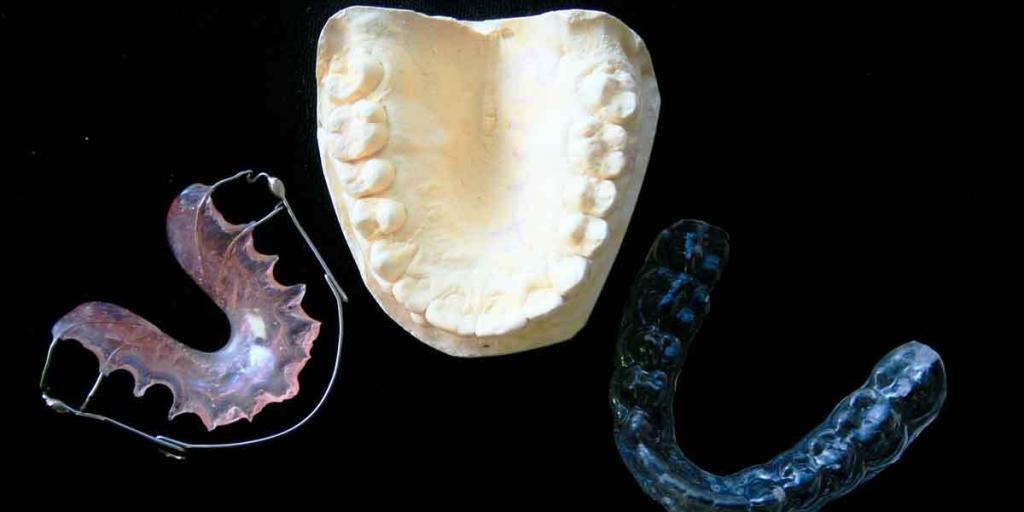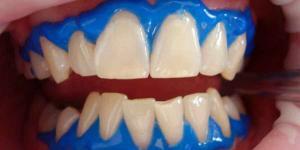A professional dentist usually gives you a pointer on the things you are doing that damage your teeth. Many times, the issues we have with our teeth arise from our own bad habits.
The good thing is that most of these habits can be prevented, but you need to know what you are doing, consciously or subconsciously, to damage your teeth.
Ice Chewing
The thrill people get from chewing ice is epic. Compulsive ice eating even has a name – pasophagia. Sadly, you will find this behavior in many children, with the parents watching on unfazed. While it seems harmless, this act can easily cause extensive damage to otherwise perfect teeth.
Chewing ice is a bad habit because it damages the tooth enamel, the protective layer of your teeth. If you had a recent dental restoration procedure, try and avoid the habit. This applies to recent fillings, braces, or any other dental restoration work.
Chewing ice leads to cracks in your enamel. With time, these cracks become bigger and can cause your tooth to chip or crack. This requires you to pay your dentist in Brooklyn a visit.
If it has become a habit, you can avoid it by using cold water as an alternative. You can opt to order your drinks minus ice so that you don’t fall into temptation.
However, studies show that craving ice is a sign of an eating disorder or a nutritional deficiency.
Leaving Your Mouth Guard at Home
If you play impact games like softball, boxing, basketball, and baseball, it is right that you wear your mouth guard all the time. Its role is to prevent injury to your oral cavity. Statistics show that more than a third of all dental injuries from contact sports arise from sporting activities.
More than 200,000 injuries are prevented each year by use of a mouth guard.
A few examples of injuries that arise due to lack of a mouth guard include cracked teeth, root damage, broken jaws, and lost crowns or bridges. A mouth guard helps protect you from these injuries. Intentionally failing to use the guard exposes your face and the components to these injuries.
Regular Use of Feeding Bottles on Children
Long term exposure to sugary foods causes tooth decay in babies. You might think that filling the feeding bottle with sweetened milk is genius. Well, the kid will stop crying and, after a short time, will sleep off, but what you are simply doing is supplying decay-causing bacteria with what they need to cause decay.
In this case, the culprits include juice, formula, soda, milk, and other sweetened drinks. The sugars that are contained in these liquids end up collecting around the teeth of the infant and the gums, promoting the accumulation of plaque.
So, when you realize your kid has slept off with a bottle of her favorite drink in the mouth, don’t celebrate, and rather realize that you are causing more harm than good.
Many parents end up sending their baby to bed with a feeding bottle full of milk – the wrong move. Instead, only use water.
Tongue Piercings
Yes, you now have it – tongue piercings cause damage to your teeth. Many people that have tongue piercings tend to bite on the barbell. Studies have shown that many people that bite their tongue piercings end up with tooth decay.
The piercings come in different types – short and long-stemmed. Studies show that the people that use long-stemmed piercings end up injuring their gums, which leads to receding gums.
Additionally, these barbells hit the enamel hard, which causes it to chip or wear down. This requires dental procedures. Additionally, if you have the habit of constantly snapping the barbell against the teeth, you can dislodge fillings and crowns. Biting down hard on the barbell can dislodge an implant.
When it comes to diagnosis, it has been discovered that the barbell can affect imaging techniques. In rare cases, the piercings can slip between the gaps in the teeth, causing gaps.
In Closing
These are a few habits that make your teeth prone to tooth decay and cavities. Your habits can wreak havoc to your dental health, reason why you need to visit a professional dentist in Brooklyn regularly to know what is happening to your dental health. Remember, prevention is always better than cure in all instances.



